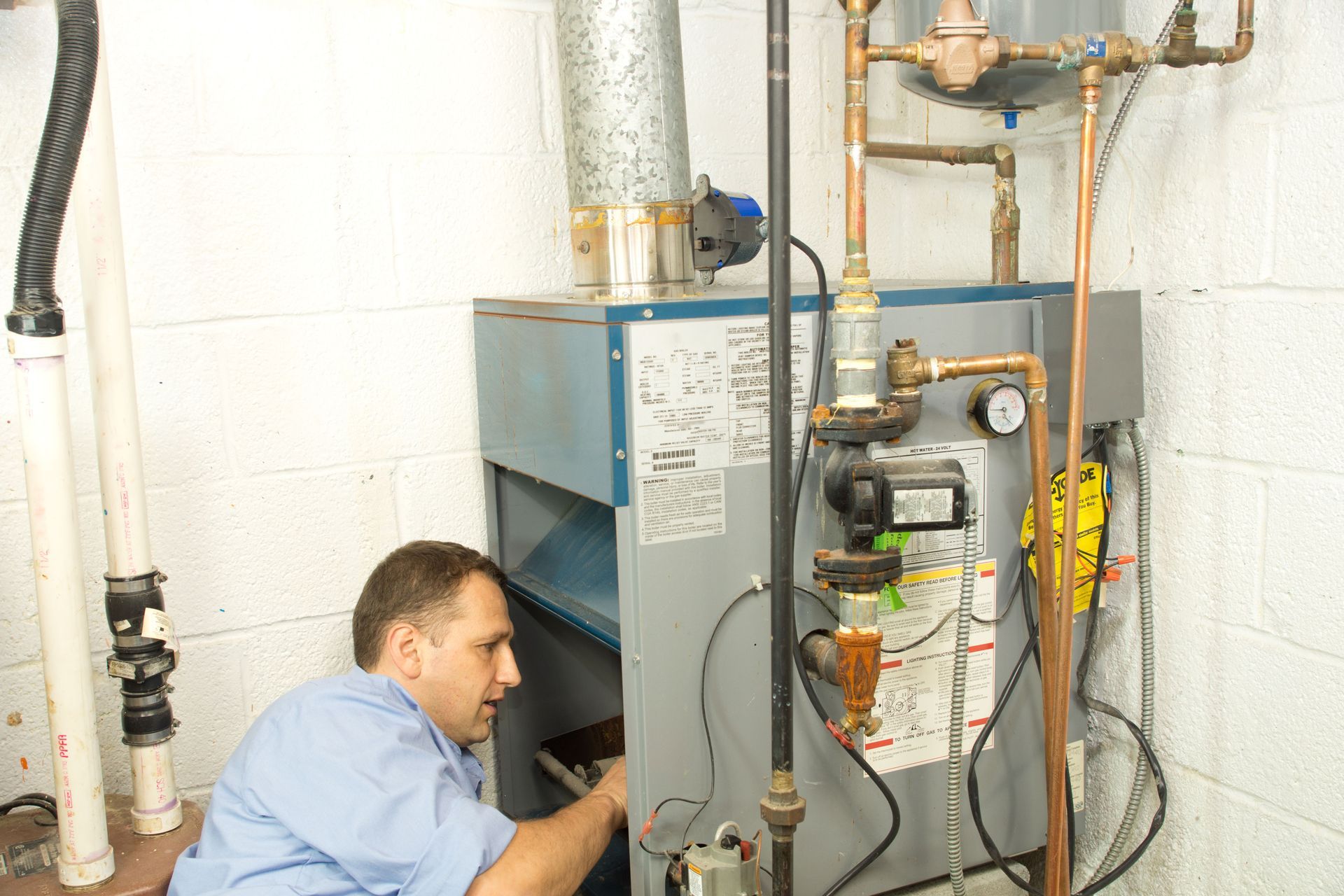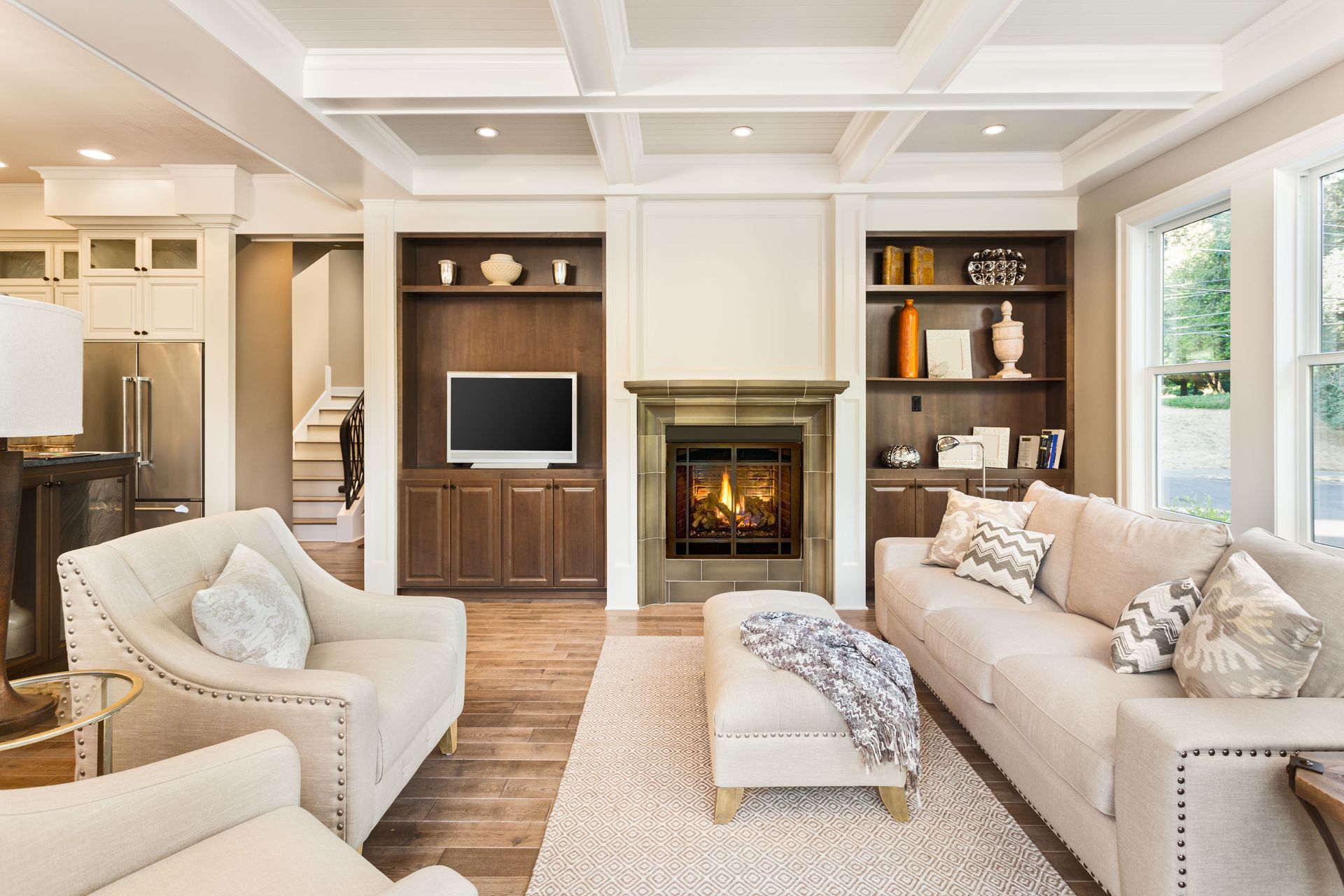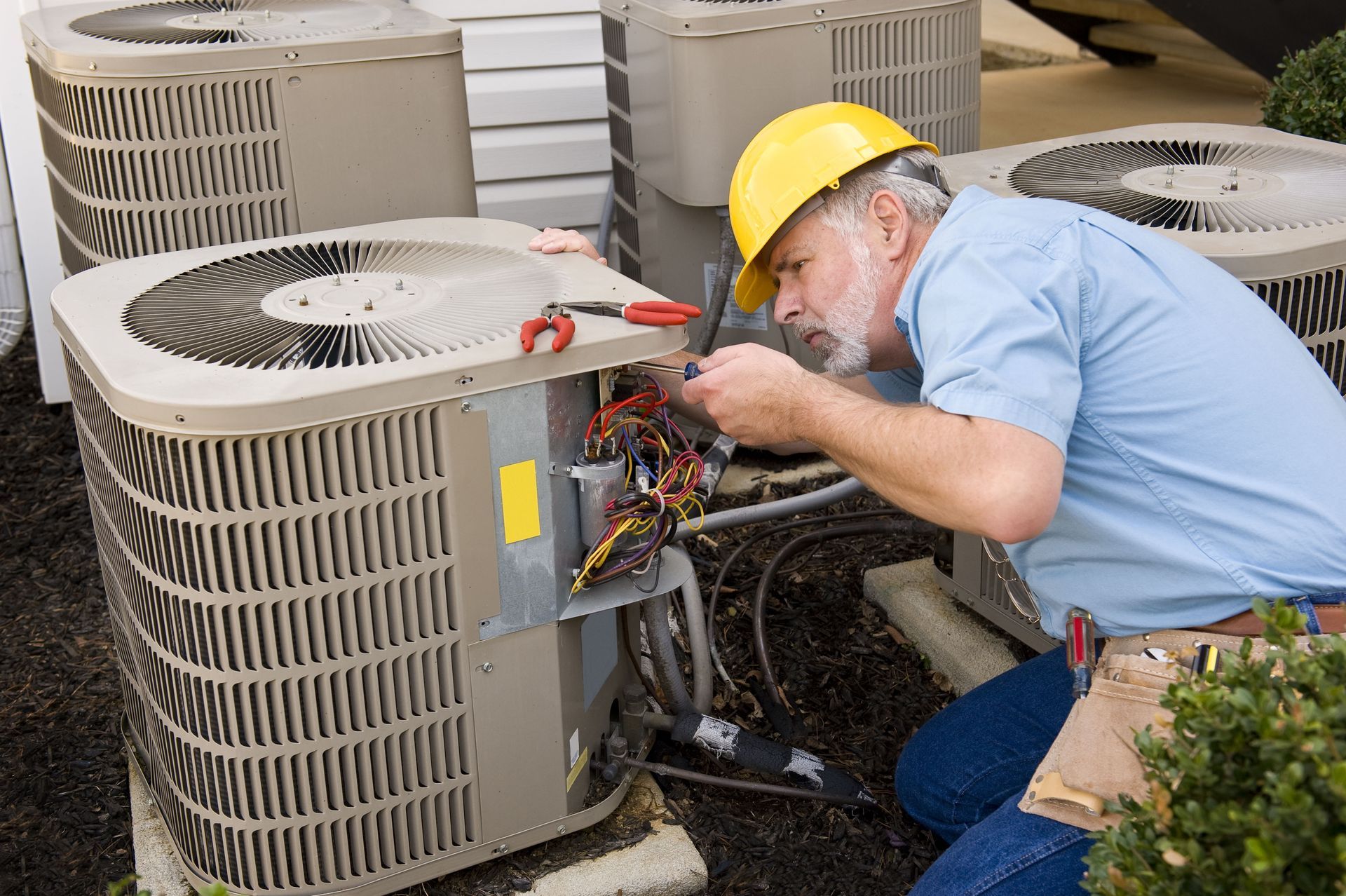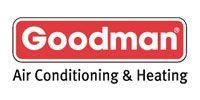Should You Repair or Replace Your Furnace?
When autumn hits and your home suddenly feels colder than usual, you’re faced with a familiar dilemma: should you repair or replace your furnace? The decision isn’t always straightforward. While minor issues can often be fixed with a simple repair, older systems or recurring breakdowns may point to deeper problems that demand replacement. Many homeowners turn to reliable HVAC companies for advice when deciding whether to repair or replace their furnace, but understanding the key factors yourself can help you make a more informed choice.
Age
One of the most significant factors when deciding between furnace repair and replacement is the age of the system. The older your system is, the more likely it is to experience performance decline, higher energy consumption, and component failures. As parts wear down, you may notice uneven heating or frequent service calls. According to The Spruce, furnaces typically last between 15 and 20 years before needing full replacement.
While age alone isn’t the only deciding factor, it’s a strong indicator of potential future costs. Even if your system still runs, its efficiency and reliability will continue to drop over time. Regular maintenance can extend a furnace’s life, but eventually, repair costs outweigh the benefits. Consulting reliable HVAC companies can help you assess whether your system’s age is still within a healthy range or if it’s time to plan for an upgrade.
Efficiency
As furnaces age, their efficiency tends to decline, meaning they require more fuel to produce the same amount of heat. This drop in performance not only drives up your energy bills but also strains the system as it works harder to maintain comfort. Modern furnaces, on the other hand, often feature advanced energy-efficient designs. These new models convert nearly all their fuel into usable heat, making them far more cost-effective over time.
If you’ve noticed rising utility bills without a change in usage, your system may no longer be performing efficiently. Investing in a high-efficiency furnace could significantly lower your monthly heating costs and reduce your home’s carbon footprint. Most HVAC companies can perform an energy audit and help you calculate potential savings with a new system. Ultimately, improved efficiency isn’t just about comfort; it’s about long-term financial and environmental benefits.
Cost
The cost often plays the biggest role in the repair-versus-replace debate. A simple repair might seem cheaper upfront, but recurring issues can quickly add up. We typically recommend following the “50% rule”: if the cost of a repair exceeds half the price of a new furnace, replacement is usually the smarter investment. Modern furnaces can also qualify for rebates, energy incentives, or extended warranties, which help offset the higher upfront price.
When you calculate total costs, consider both short-term spending and long-term savings. A newer furnace typically offers better energy efficiency, which means lower monthly utility bills. Additionally, you may avoid frequent service calls that add up over time. The right decision depends on your furnace’s condition, age, and repair history. Many HVAC companies can provide itemized cost comparisons to help you see which option delivers better overall value for your household.
Comfort
A well-functioning furnace should provide even, reliable warmth throughout your home. If you’re noticing cold spots, weak airflow, or frequent cycling, your comfort may be suffering due to system inefficiencies. These signs can stem from aging components, worn-out blowers, or failing thermostats. A new furnace can correct these problems, providing steady temperatures and improved indoor air quality. Better airflow and humidity control also contribute to a healthier home environment.
Comfort isn’t just about temperature; it’s about the overall air experience inside your house. Dust buildup, strange odors, or loud noises often indicate a furnace that’s struggling. Newer systems use advanced filtration and quieter operation, reducing noise and allergens while maintaining consistent warmth. Many HVAC companies emphasize comfort as a key factor in deciding whether to repair or replace your system, as it directly impacts daily living and satisfaction.
Safety
One area where replacement should never be delayed is when safety is impacted. Older furnaces, especially those burning gas, can pose serious risks if they develop cracks in the heat exchanger or leaks in the fuel line. These problems can lead to carbon monoxide exposure, which is both dangerous and potentially fatal. Even minor malfunctions, if ignored, can escalate into safety hazards that put your family at risk. Regular inspections are essential to ensure safe operation, particularly in systems over a decade old.
If your technician finds safety issues during a maintenance visit, it may be time to consider replacement. Repairing safety-critical components can be costly and may only provide a temporary fix. Modern furnaces are designed with advanced safety controls and monitoring systems that minimize these risks. Reputable HVAC companies can help identify whether your furnace still meets current safety standards or if an upgrade would better protect your household.
Frequency
If your furnace has become a regular guest on your service provider’s schedule, it’s worth evaluating why. Frequent repairs often signal underlying wear or failing internal components. You might fix one issue only to face another shortly after, which can be both frustrating and expensive. Over time, this cycle indicates that your furnace is reaching the end of its lifespan, and replacement is likely the more practical choice.
Keep a log of your furnace’s maintenance and repair history. If you’re calling for service more than once or twice a season, it’s a red flag. Experienced HVAC companies can analyze your system’s service record and help determine whether continued repairs make financial sense. When repair frequency increases and reliability decreases, upgrading to a new system will likely save you money and stress in the long run.
Technology
Furnace technology has come a long way in the past decade. Today’s models have features that deliver precise comfort control throughout your home. These innovations not only enhance comfort but also improve energy efficiency, allowing homeowners to fine-tune their heating schedules for maximum savings. The ability to monitor and adjust your furnace remotely through mobile apps adds convenience and peace of mind.
Older furnaces lack these advancements, which can waste energy and limit comfort customization. They also tend to operate with outdated components that make it difficult to maintain consistent temperatures throughout the home. Investing in new technology means better performance, reduced energy waste, and smarter temperature management.
Environment
Beyond comfort and cost, your furnace choice affects the environment. Older units often consume more energy, contributing to higher greenhouse gas emissions. Newer high-efficiency furnaces are designed with sustainability in mind, using advanced technology to reduce waste and lower emissions. Upgrading your system helps your household operate more responsibly while saving money on energy bills.
Environmental awareness is now a major priority for both consumers and service providers. Many HVAC companies actively promote green initiatives, offering energy-efficient models that qualify for eco-friendly rebates or incentives. Choosing a modern, high-efficiency furnace means reducing your carbon footprint while maintaining comfort. It’s a decision that benefits both your home and the planet for years to come.
Deciding whether to repair or replace your furnace involves balancing many factors: age, efficiency, cost, comfort, safety, repair frequency, technology, and environmental impact. By evaluating these areas carefully, you can make a decision that not only meets your immediate needs but also supports your long-term comfort and budget. Reputable HVAC companies can provide expert guidance to help you make the best choice for your home.
Ready to take the next step toward better home comfort? Contact All 4 One Heating & Cooling today for an honest, professional furnace evaluation. Our experts will help you decide whether repair or replacement is the smarter, more cost-effective choice for your home.







Share On: